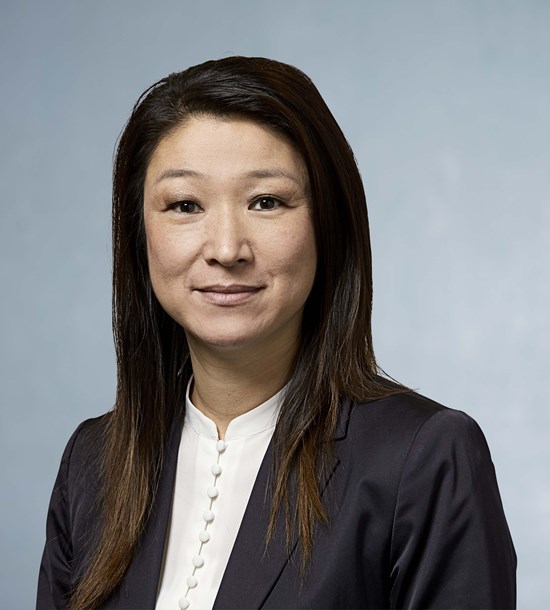In the ever-evolving landscape of the European bioeconomy, fostering collaboration, improving knowledge transfer, and overcoming barriers have emerged as critical factors for sustainable growth and innovation. To gain insights into these challenges and opportunities, we sat down with Lisbeth Henricksen, Executive Director at SEGES Innovation - a Danish private and independent research and development organisation within the agricultural and food sector.
Applied R&D Activities: Denmark is on the right track
One of the key takeaways from our conversation was the varying levels of development in applied R&D activities for tech transfer across the European Union. Lisbeth highlighted the significant differences between Denmark and other EU countries. While she did not claim the Danish model to be perfect, she acknowledged that the Danish advisory system is well-developed compared to its EU counterparts. According to her, this infrastructure provides a crucial platform for companies and actors in the bioeconomy sector to access independent advice, which is essential for their growth.
When asked about examples of good performance in applied R&D activities, Lisbeth pointed to knowledge projects aimed at aligning models as a promising approach. However, she also emphasized the financial aspect, referring to the high cost associated with developing knowledge as a primary barrier.
Role of Open-Access Pilot/Demo Plants: Accelerating Bioeconomy Deployment
Lisbeth sees open-access pilot/demo plants as accelerators for bioeconomy deployment within the EU, enabling shorter time-to-market and the establishment of valuable value chains. She mentioned the biogas industry as an example of successful collaboration and support among regions and nations for companies' access to pilot plants.
Regarding the need for pilot plants to invest in equipment and specialization, Lisbeth acknowledged the challenges in coordinating the various actors in the value chain. Building and utilizing pilot plants effectively requires alignment and cooperation among these stakeholders.
Industry-Market Demand and Academia Research Focus
In Lisbeth's view, there is room for improvement in the connection between industry and academia in the bioeconomy sector. She mentioned a climate conference aimed at bridging this gap, emphasizing the interdependence between these sectors.
When discussing which technologies and processes large industries are seeking, Lisbeth proposed a focus on maximizing resource utilization, such as breaking down plant materials into molecules for various applications.
Knowledge Gap for Start-ups and SMEs
Lisbeth highlighted the knowledge gap facing start-ups and SMEs in scaling up and accelerating their businesses, affirming the need for improvement in this area.
Intersectoral Collaboration in the Bioeconomy
Regarding the need to improve collaboration between stakeholders from different sectors in the EU bioeconomy, Lisbeth suggested connecting raw material producers, processing plants, and product development actors. She identified a gap in Denmark's processing sector, which she believes has been somewhat overlooked and underfunded.
Lisbeth mentioned a climate partnership in the agri-food sector as an example of successful collaboration, where much emphasis was put on setting common goals. She recommended co-creation workshops and a more holistic, mission-oriented approach to overcome existing barriers.
Cross-sectoral Collaboration: The Success of the Biogas Industry
In closing, Lisbeth pointed to the biogas industry as a good example of cross-sectoral collaboration within the bioeconomy. This sector's ability to bring together experts and actors, define clear goals, and work collectively toward a shared vision has yielded positive results.
As the European bioeconomy continues to evolve, insights from experts like Lisbeth highlight the importance of collaboration, knowledge sharing, and a target-oriented approach to address current challenges and unlock the full potential of this dynamic field.
